The golden sentences and understanding the use of scaffolding for all children to access the learning was very useful. As always, Chris was clear and informative, we will definitely use you again.
Overview:
Unlock the transformative power of written expression in enhancing curriculum understanding with our "Writing to Learn" course.
Find out about:
The research
Writing to Learn is a pedagogical approach supported by a wealth of research. Discover why writing helps students understand and retain curriculum content better than many other classroom activities.
Golden Sentences, paragraphs and Essays: The Ladder to Mastery
Golden Sentences: This is the foundation of the writing-to-learn approach. Here, students learn to compose 'golden sentences' that serve as complete thoughts and are syntactically sound. For example, 'The Roman Empire fell in 476 AD.' These sentences are the building blocks for more complex forms of writing. Golden sentences are helpful across all year groups but particularly beneficial for students who find writing challenging. For instance, Key Stage 1 students may write: 'The sun rises in the east.' Key Stage 2 students may write more advanced sentences like 'Due to gravitational pull, the moon orbits the Earth.' or 'Adjacent to London, the county of Surrey has more countryside than the capital.’
Golden Paragraphs: Introduced as early as Year 2 for advanced learners but generally incorporated by Year 3, golden paragraphs help students combine golden sentences coherently to convey complex ideas. Here, the focus shifts from isolated sentences to connected thoughts. For example, 'Society is the name for the people of a country. Florence Nightingale changed how society viewed nursing. It became a respected profession because of her book Notes on Nursing. This was her legacy and why she is a significant person in British history.'
Golden Essays: These are tackled in Years 5 and 6 and are the culmination of the preceding stages. Students engage in extended writing exercises, which should display a solid understanding of the subject matter, a rich vocabulary, and a well-structured argument.
Year 5: Students might write an essay about the water cycle, its importance, and the science behind it.
Year 6: A more advanced essay might discuss the causes and consequences of World War II. For example a Golden Essay may begin, 'Young men, patriots for their country, walked into the unknown horrors that awaited them in the trenches. Many would never return; others' lives would be transformed forever.'
Vocabulary and Subject-Specific Literacy: The Fundamentals of Academic Success
With a robust foundation in vocabulary, students are better equipped to articulate themselves within academic settings. This course showcases vocabulary in action across various subjects. The course also promotes subject-specific literacy as a form of cultural capital, incorporating powerful academic language and reinforcing the importance of threshold concepts, making students think like professionals within disciplines. For example: 'Since fossils are the petrified remains of plants and animals, they provide evidence of life on Earth millions of years ago.'
Scaffolding the Writing Approach: A Roadmap to Independence
Drawing from research, including Barak Rosenshine's Principles of Instruction, this course offers a meticulous scaffolding system to guide teachers in enabling students to achieve mastery of curriculum content through writing.
Assess Students' Learning: The engine for academic success
Supporting both Assessment for Learning and Formative Assessment, this course equips teachers with the tools to effectively gauge student understanding, thereby enabling more targeted improvement prompts.
Whole School Model and Progression: A Structured Approach
A unique feature of the Writing to Learn approach is its applicability across different year groups, providing a uniform strategy for elevating literacy and subject mastery from Key Stage One through Key Stage Two.
Key Benefits
- Establish a strong foundation in academic writing through the teaching of 'Golden Sentences,' beneficial for all year groups and especially for students who find writing challenging.
- Help students to progress from foundational 'Golden Sentences' to 'Golden Paragraphs' and 'Golden Essays,' offering a structured approach to increasingly complex forms of writing.
- Enhance students' vocabulary and subject-specific literacy, empowering them to articulate academic ideas more effectively.
- Provides schools with a meticulous scaffolding approach informed by research, leading students to mastery of curriculum content.
- Supports both Assessment for Learning and Formative Assessment, equipping teachers with tools for targeted teaching interventions.
- Offers a uniform, whole-school model that can be adapted across different year groups, from Key Stage One through to Key Stage Two, ensuring consistency in literacy and subject mastery.
Take Away
- Many practical activities that can be used in a range of subjects across the primary curriculum
- Many examples of effective student writing across the curriculum from Year 1 to Year 6
- CPD ideas to help your teachers to improve their knowledge of how to teach writing across the curriculum and, in doing so, helping students to learn better
- A comprehensive reading list of research that will help you to explore in more detail the aspects of the course.
Booking Options
The prices above are the total amount you will pay for your group plus VAT.
Just select Pay by Invoice and enter the required information.
You have 30 days to pay your invoice.
If your selected date to access the course is prior to 30 days we will still grant you access to the course and your invoice is payable in line with our Terms and Conditions.
If you have selected 1-5 delegates, for example, but you only enter the details of 2 of the delegates now, you will have the option to add additional delegates via your CQE account up until 48 hours prior to your requested course start date.
Pay by InvoiceVery informative and full of lots of examples. Thank you
Lots of great ideas and positive ways to strengthen writing across the curriculum.
The course was thorough, provided a great variety of examples and activity ideas and the supporting research at the end was useful to read further. I also appreciate the planned breaks. Thank you.
Thank you. That was very interesting and thought-provoking. I am already rethinking my history and geography lessons and trying out some of the things you discussed.
I found the Writing to learn course very informative and well constructed. Thank you Chris Quigley for such an informative insight.
It is interesting and reassuring that this is the route that we have started down ourselves as a school. I will remain interested to see how some of those ideas break down and develop into a more practically fluid form later on... I realise this is the draft of the ideas at present. As with all your work Chris - this always leads to some great ideas for us to take forward.
The examples of the golden sentences and how they can be used across the curriculum were most useful along with the examples of children’s outcomes were the most useful parts of the day. Very useful and thought-provoking!
Being encouraged to change the mindset for writing. Writing FOR learning makes complete sense - especially as we are a school that promotes the use of Rosenshine’s principles, metacognition and recall. I can really appreciate the value of this and can’t wait to see the impact of taking this approach further. Really appreciated the ‘real life’ examples of children’s work - really helped to see it in practice. Excellent quality - really detailed and thorough. Have left with practical strategies in order for this to be successful in our school - thank you!
Really useful to think about writing as thinking and ways to support children to structure their writing. The sentence stems look really useful. As a school we have done a lot of work on our medium-term plans and knowledge organisers over the last year and it was good to see how this links and can help strengthen children’s retention of knowledge.
Great Course. Thank you. That was very interesting and thought-provoking. I am already rethinking my history and geography lessons and trying out some of the things you discussed.
I found the Writing to Learn course very informative and well constructed. Thank you Chris Quigley for such an informative insight.
It was useful to have time to think about the differences in writing within the curriculum and how to improve the children’s use of technical vocabulary and knowledge to make learning stick.
The resources and different ways that we can scaffold the children’s writing in order for them to have more knowledge across the curriculum was really useful. The course was well presented and the handouts will come in very useful.
Understanding the difference between learning to write and writing to learn was really helpful. Examples of activities and students' work was really helpful. Seeing teachers' marking with the children’s feedback was also useful.

.png)




